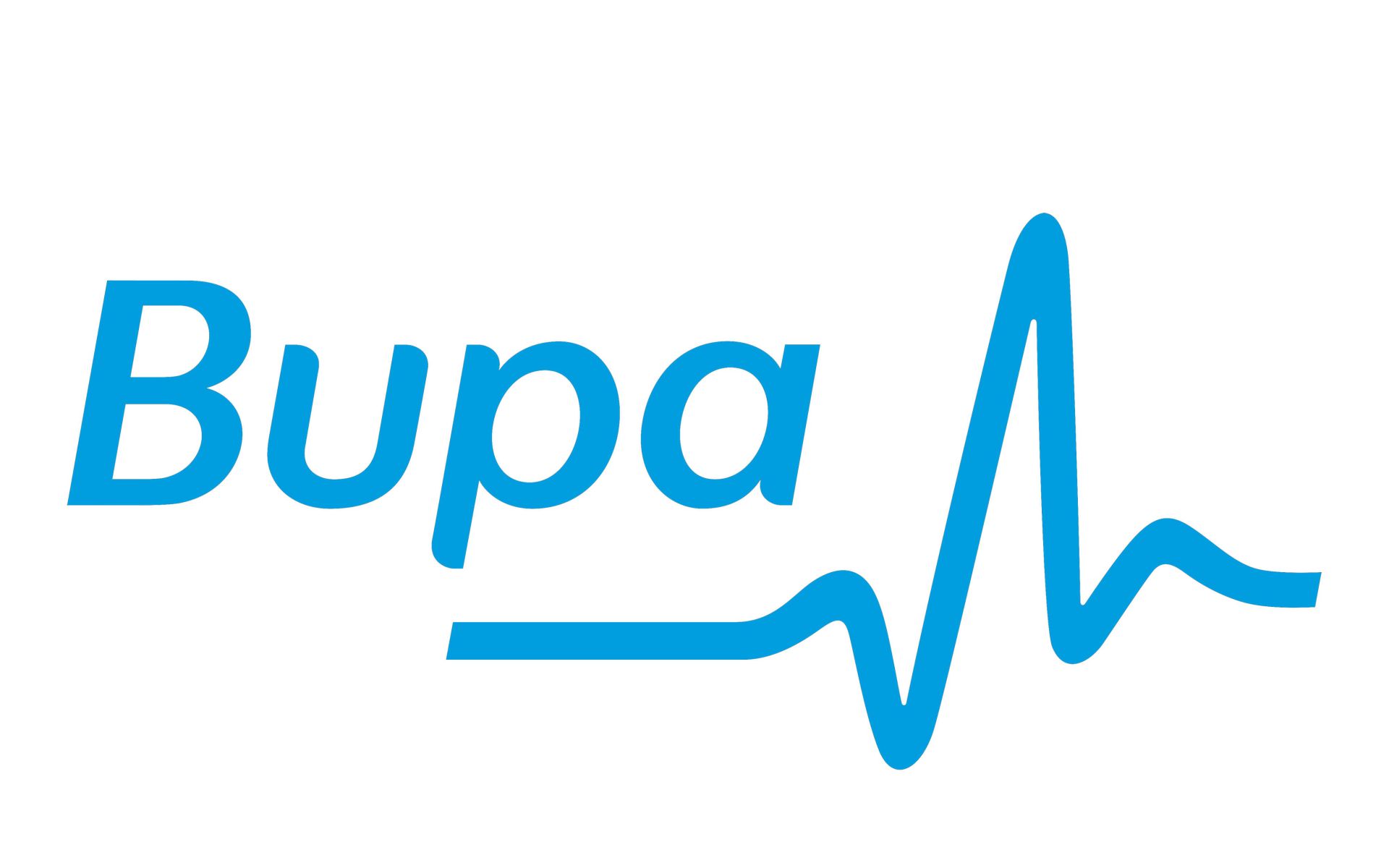Note: This makes all sizes equal and could alter the website layout.
Red:
Green:
Blue:
Red:
Green:
Blue:
Exercise has been found to be beneficial for people with MS, helping them manage symptoms and improve their overall mental health. For individuals with multiple sclerosis (MS), it's important to maintain a regular exercise routine to help manage symptoms, improve strength and balance. We have collated a list of at-home exercises and activities aimed specifically for people who have MS.
Before completing any exercises, it's essential to consult with a healthcare professional.
Here are
some recommended at-home exercises for MS
Check out our top exercises for people with multiple sclerosis. These exercises have been made for you to do from the comfort of your own home. If you are feeling fatigue, make sure you stop and have a rest and drink plenty of water.
Holding Knee Extensions (leg kicks): This exercise helps strengthen the legs, particularly focusing on the quads. make sure you are sitting forward, and your back isn’t resting against the chair. While holding your thigh, straighten your knee and hold it for approximately 5 – 10 seconds. Repeat this 5 times on each side.
Shoulder press: This exercise helps with building shoulder, back and core strength. You can complete this exercise using weights, or at home you can use a can of beans or do without weights to start with. While in a seated position and feet pressed onto the floor, push your arms up towards the ceiling until fully straight and bend the arms back down. Complete this exercise for one minute.
Trunk Twists: Focuses on strengthening and improving the flexibility of the upper body. Make sure you are sitting slightly forward in the chair with your back straight. Put your arms across your chest and twist your body to the right, back to centre and then twist to the left and back to the centre again. Repeat this exercise slowly for one minute.
Sit to Stand: This exercise helps with leg strength and balance. From a sitting position, you need to stand up either with your arms crossed in front of your chest or use the arm rest on the chair. Once you are stood up, slowly sit down back into the chair. Repeat this 5 – 10 times. If you need to use your hands to help you then do so. Aim to reduce the support as you progress.
Activities For People Who Have MS
Physiotherapy For MS
Physiotherapy has proven to be an effective way to help rehabilitate people who are affected with MS. PhysioFunction offer a wide range of equipment and techniques which involve:
It is important to listen to your body and adjust your exercise routine as needed. Overexertion can worsen MS symptoms, so pacing yourself and taking breaks when necessary is crucial. By making exercise a regular part of your life, you can improve your physical and mental wellbeing and better manage the challenges of living with multiple sclerosis.





